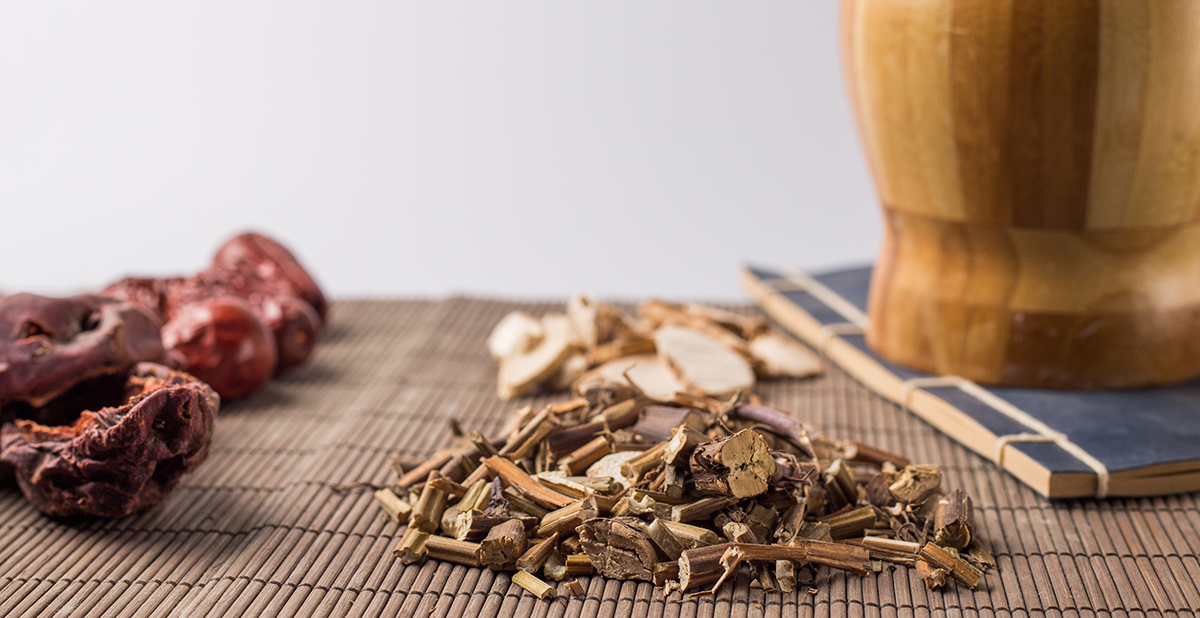






Northwest Asian Weekly
By Leave a Comment
By Lindsay Kim
NORTHWEST ASIAN WEEKLY
As winter arrives, so does our seasonal companion, the cold and flu. While modern medicine has its role, many people turn to traditional Asian remedies, grounded in centuries of wisdom handed down through generations.
From Chinese herbal teas to Ayurvedic practices and countless time-honored East Asian remedies, these traditions focus on balance and natural healing. While they may not always be the most flavorful choices, they offer a wealth of proven solutions based on ancient wisdom.
“There’s a Chinese saying that every medicine is 30% poison,” Alice Mao said. “Every form of medicine has some type of side effect on your body, and my mother believes that you have to allow your immunity to build up (naturally).”
In many Asian cultures, well-being centers on the balance between Yin (cold) and Yang (hot). For example, Yang stimulates, energizes, and provides warmth, while Yin soothes and holds. When the body is exposed to external factors such as wind, cold, and heat, its internal balance is disrupted, weakening its protective energy, Wei Qi, and making it more vulnerable to seasonal ailments like colds and the flu.
“Your body is like a garden,” Dr. Jae Yoon, a Seattle-based acupuncturist, said. “You have to nourish and protect it, and be mindful of maintaining balance. If neglected, it becomes prone to external pathogens.”
Wu Xing, or the five elements of human nature—wood, fire, earth, metal, and water—also influence how individuals respond to the four seasons. Those born in winter may thrive in summer, while those born in summer may feel more energized during colder months, reflecting the deeper connection between external forces and internal energy, which are central to the philosophy of Asian remedies and remain relevant today, Yoon said.
“This idea may not show up (immediately) in your body, but in 10 or 20 years, you might notice its impact,” Yoon said. “Always be mindful of your body and the changes around you.”
Among the most beloved traditional remedies is ginseng root, the ultimate immunity booster, known as “insam” in Korean, and “renshen” in Chinese known for its “warming” effects. Ginseng improves circulation, and combats fatigue while boosting stamina.
The Korean Red Ginseng, which is steamed, dried, and concentrated, is especially celebrated for its unprecedented gradual “heaty” effects once consumed. Its bittersweet taste and energy stemming from ginseng concentrated extracts have also made it a long-time ideal holiday gift, particularly for those with cold hands and feet.
“You cannot get some Western medication without a doctor’s prescription,” Charlie Turner Yang, an ER technician at the Overlake Medical Center, said. “But, ‘hongsam’ (red ginseng) has helped me a lot by improving my blood flow, warming up my body, and boosting my brain energy to stay energized during exam season, especially during the winter.”

When she was younger, Mao said she was more focused on defeating illness with Western medicine.
“But as I have gotten older, I’ve gravitated towards my mom’s approach… maybe for small things that your body can naturally fight off over time, you should let it heal and rely on nutrition in your daily life, through soups or immunity shots.”
Mao also highlighted a powdered herbal medicine her family uses to naturally combat colds. Though it doesn’t mask symptoms like Tylenol or Benadryl, these powdered herbal medicines are sweetened, easy to access, and dissolve instantly in hot water, making them easy to drink.
Dr. Yoon recommends taking a natural herbal medicine or immunity booster like hongsam at the first sign of a sore throat or cold symptoms. Acting early helps reverse symptoms before they fully develop, alleviating discomfort and shortening recovery time. However, he said that consistent mindfulness and lifestyle changes, such as regular exercise, sufficient sleep, and emotional stability, are key to enhancing circulation and maintaining optimal balance before the symptoms appear.
Chinese medicine also includes sweet herbal syrups like “nin jiom,” a natural remedy made with honey and blended herbs for sore throats, securing their place in the cabinets of many Asian households for centuries. 
“There’s a huge opportunity for second-generation kids to become the middleman—translating between their parents and an audience who want to learn more about these practices but face language barriers,” Mao said. “Just like we’ve seen with Chinese cooking on YouTube, we crave that space for medicine and health as well…somebody to be able to translate so that people who are interested can have a space and an opportunity to learn more.”
As Dr. Yoon emphasizes, “The ancient wisdom provides insights that help us prevent illness, cure disease, and maintain better health. These traditions are not just the knowledge of the past, but treasures that we can still apply in today’s world.”
Filed Under: Featured stories, Health
Your email address will not be published.














